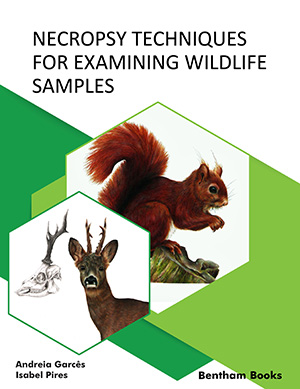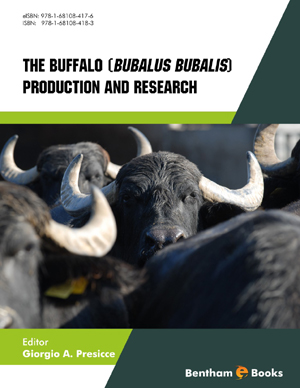Abstract
Molluscs have played an important role in the history of science. They inspired models in mathematics and geometry, or were protagonists of the great discoveries in geol-ogy, biology,pharmacology, and medicine.
Archimedes, Bernoulli, Descartes, Leonardo, Dürer, among others, were inspired by mol-luscs in their works, mainly studying the shell coils.
The origin of the fossils has always fascinated scholars of every period, and shells were at the center of important scientific and theological disputes like the problem of the Universal Deluge. So molluscs occupy an important place in the palaeontology too.
Thanks to Lamarck, they entered in the history of the biological sciences. Describing fossil shells, he firstly said that any variation of life forms is the result of an adaptation to envi-ronmental conditions and that living species are not immutable over time: a revolutionary theory reconsidered and revised by Darwin himself. Even in the physiology and biochemis-try, molluscs have always been an excellent biological model for evaluating hypotheses and perform experiments. Gastropods and squid have had a central position in several Noble Prize studies.
In the last decades, human activitiesdetermined a rise in atmospheric CO2which, in turn, promotes a slight, but significant acidification of both marine and freshwaters. The mol-luscs, builders of calcium carbonate shells, are very sensitive to the pH changes and are of-ten used as experimental models.
Mussels are very useful to assess the levels of contamination in coastal waters, due to their ability to focus, through bioaccumulation, chemicals with which they come into contact in their continuing filtration activity.
Finally, many molluscs have the capacity to produce biologically active substances which may affect the medicine. In this field, some important successes have been achieved.
Keywords: Aplysia, Aqua Perlata, Archimedes, Bernoulli, biologically active molecules, Cepaea, Cuvier, Darwin, date-mussels, Descartes, Dürer, fossil shells, golden section, Hodgkin, imposex, Kandel, Lamarck, Leonardo, malacotherapy, mussel-watch, nudibranchs, Nobel Prize, Pozzuoli, spiral, squid, Temple of Jupiter, Universal Deluge.








